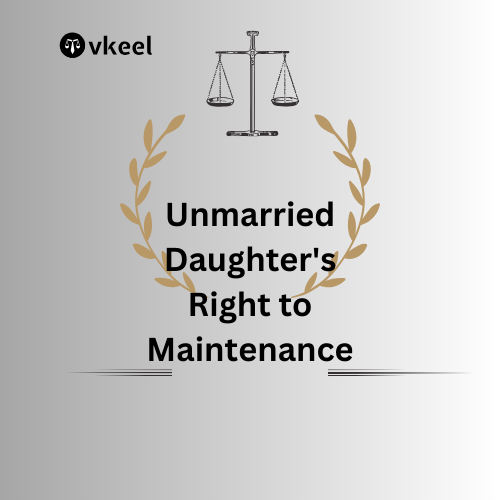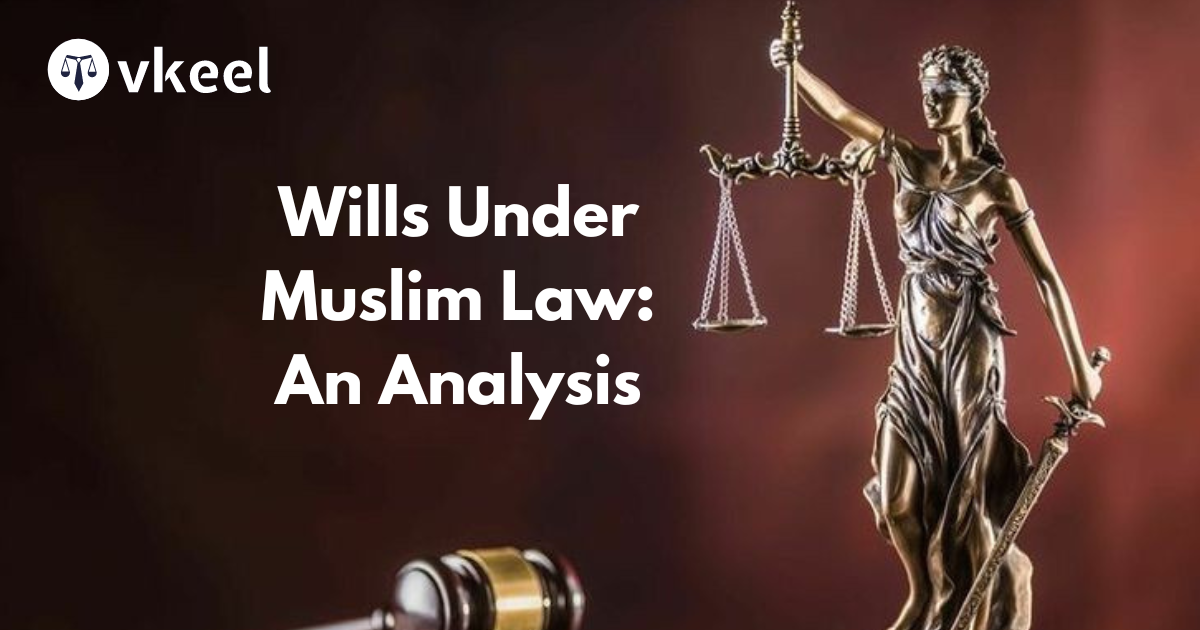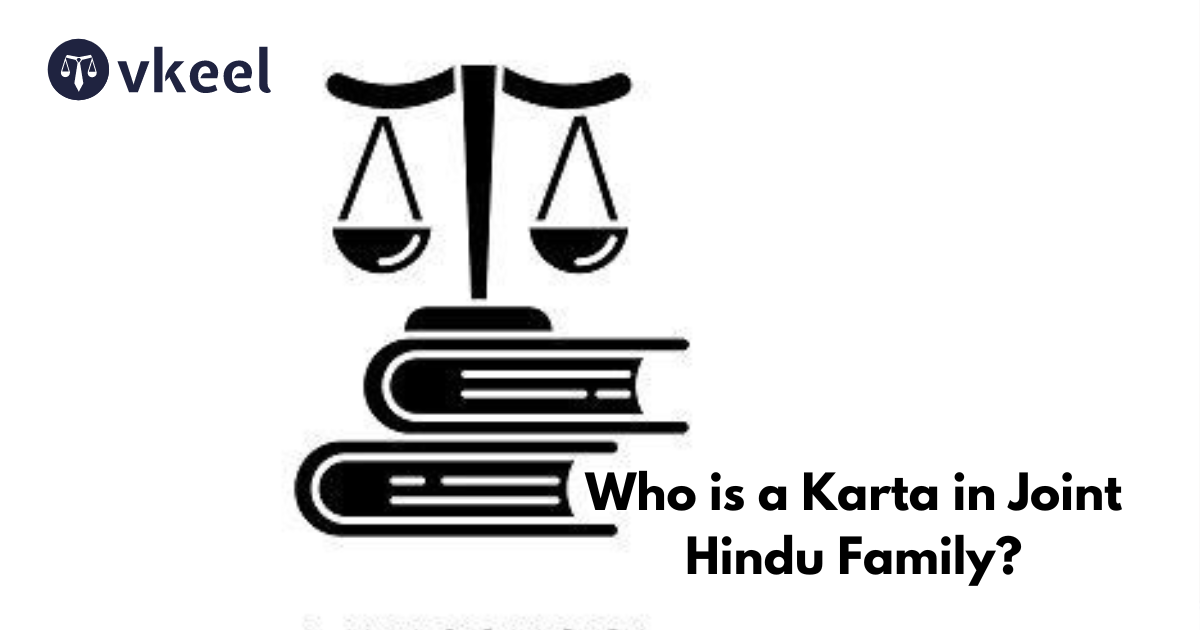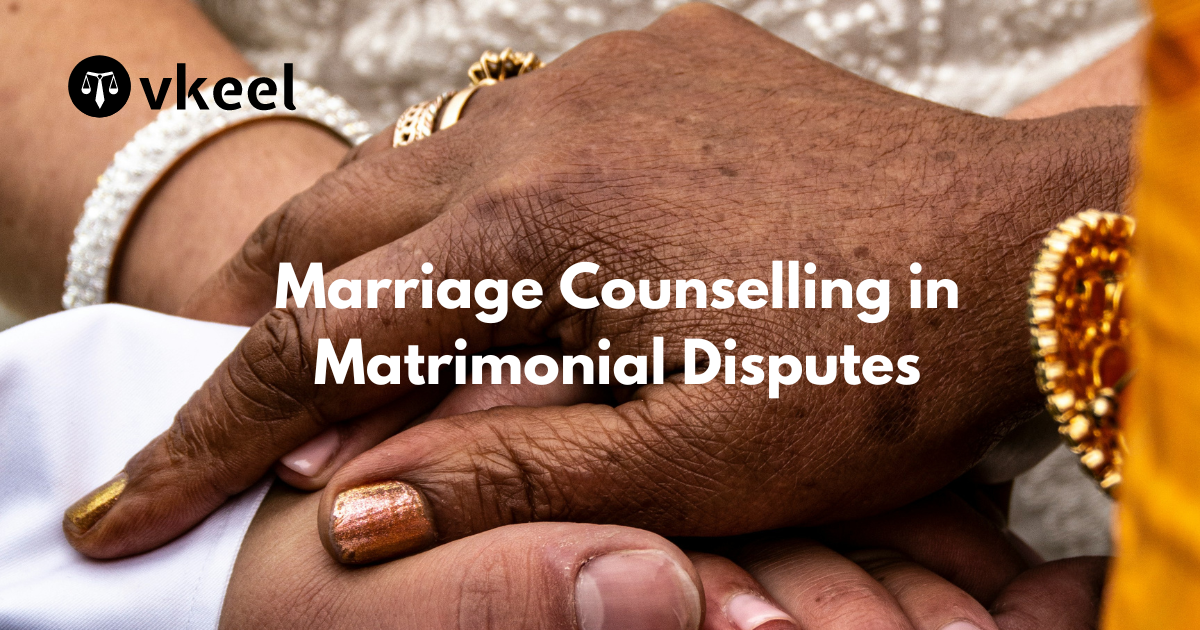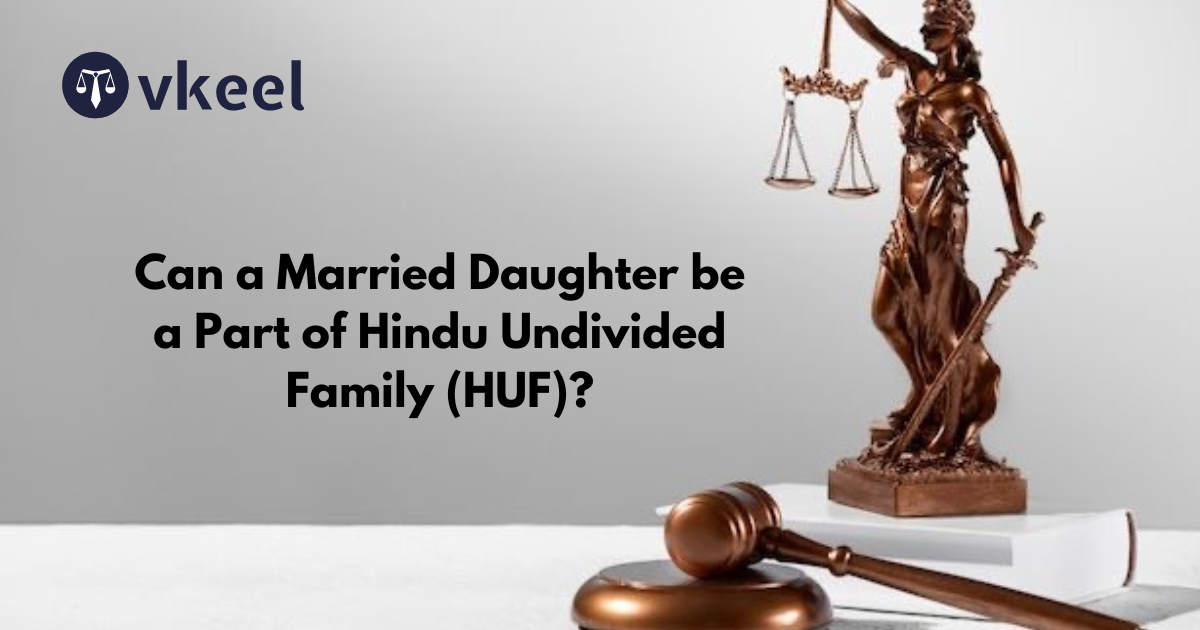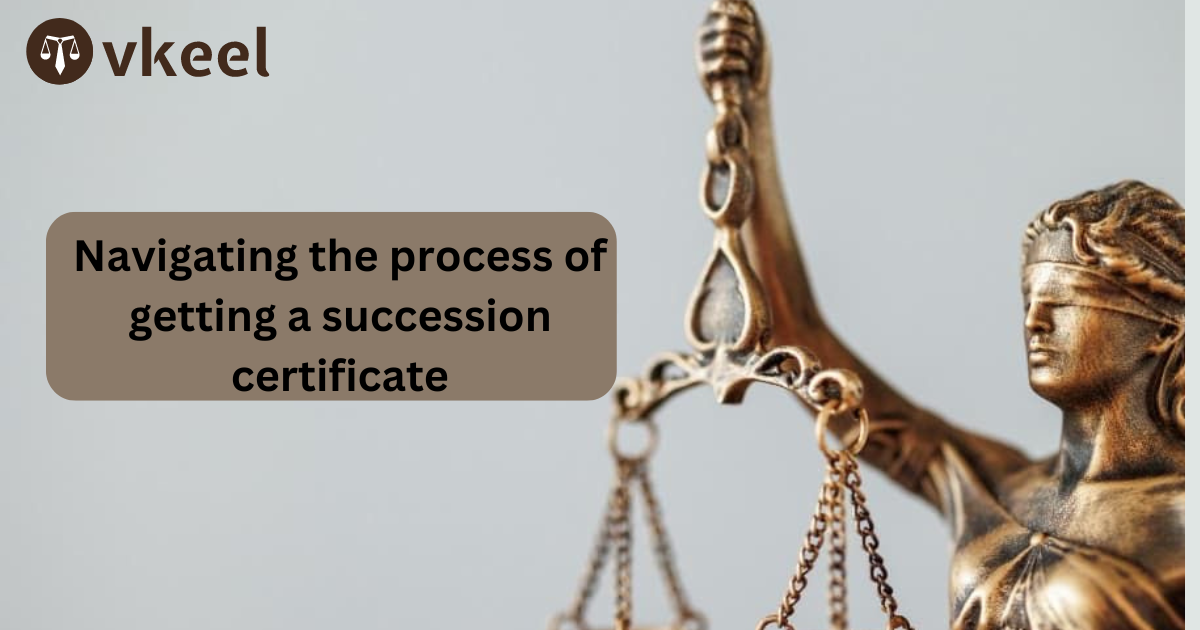Unmarried Daughter’s Right to Maintenance
By Himanshu Kumar
Table of Contents
Introduction
In India, the issue of maintenance for unmarried daughters has been a subject of extensive legal debate. The right to maintenance, rooted in principles of familial duty and support, extends to various dependents under different statutes. However, the specific provision regarding unmarried daughters who are physically or mentally sound has evolved through judicial interpretations and legislative amendments.
Maintenance under Hindu law refers to the legal obligation of certain individuals to provide for the basic needs of others who are unable to maintain themselves. This obligation is rooted in the personal laws governing Hindus, primarily encapsulated in the Hindu Adoption and Maintenance Act, 1956 (HAMA). Maintenance includes provisions for food, clothing, residence, education, and medical care.
Legal Framework for Maintenance
Hindu Law
Under Hindu law, the right to maintenance is enshrined in several statutes, primarily the Hindu Adoptions and Maintenance Act, 1956 (HAMA). Section 20 of HAMA obligates a Hindu father to maintain his unmarried daughters until they are married, irrespective of their age, provided they are unable to maintain themselves.
Criminal Procedure Code
Section 125 of the Criminal Procedure Code, 1973 (CrPC), is a secular provision that allows for maintenance claims by wives, children, and parents. Under this section, a daughter, whether married or unmarried, can claim maintenance if she is unable to maintain herself.
The Muslim Personal Law
Under Muslim personal law, maintenance for daughters is governed by traditional Islamic principles, which generally obligate the father to maintain his unmarried daughters. However, there are nuances and specific conditions under which this duty is applied.
Judicial Interpretations
Case Laws Affirming Maintenance Rights
- Jagdish Jugtawat vs. Manju Lata (2002) In this case, the Supreme Court held that an unmarried daughter is entitled to maintenance under Section 125 CrPC until she gets married. This judgment reaffirmed the principle that a father’s duty to maintain his unmarried daughter continues irrespective of her age, as long as she remains unmarried and unable to maintain herself.
- Abhilasha vs. Prakash (2020) The Supreme Court in this landmark case interpreted Section 125 CrPC and Section 20 of HAMA to clarify the maintenance rights of an unmarried daughter. The Court held that an unmarried daughter who has attained majority and is physically and mentally sound is not entitled to claim maintenance under Section 125 CrPC, but she may claim maintenance under Section 20(3) of HAMA if she is unable to maintain herself.
Case Laws Limiting Maintenance Rights
- Ramesh Chander Kaushal vs. Veena Kaushal (1978) The Supreme Court in this case emphasized that Section 125 CrPC is a measure of social justice intended to protect dependents from destitution. It ruled that an able-bodied daughter who is capable of earning is not entitled to maintenance under Section 125 CrPC.
- Vijaya Manohar Arbat vs. Kashirao Rajaram Sawai (1987) In this case, the Supreme Court held that an unmarried daughter who is mentally and physically sound and capable of earning is not entitled to maintenance from her parents under Section 125 CrPC. This ruling reinforced the idea that maintenance under CrPC is intended for those unable to maintain themselves.
Amendments and Legislative Changes
The Maintenance and Welfare of Parents and Senior Citizens Act, 2007
This Act mandates children, including daughters, to maintain their parents, reflecting a reciprocal duty. However, it does not specifically address the maintenance of unmarried daughters by parents, leaving a gap filled by interpretations under other laws.
Proposed Amendments and Suggestions
There have been discussions and proposals to amend the existing maintenance laws to provide clearer guidelines on the entitlement of unmarried daughters. These proposals aim to balance the rights and duties of both parents and children in the context of changing societal norms and economic conditions.
Analysis of the Current Legal Position
The legal position on the maintenance of unmarried daughters who are physically or mentally sound is shaped by a combination of statutory provisions and judicial interpretations. The primary considerations are:
- Dependency and Inability to Maintain Oneself: Maintenance claims under both HAMA and CrPC hinge on the daughter’s inability to maintain herself. Courts have consistently ruled that a physically and mentally sound daughter who can earn is not entitled to maintenance.
- Age and Marital Status: While HAMA provides for maintenance until marriage, CrPC does not impose a specific age limit, focusing instead on the daughter’s ability to earn and maintain herself.
- Judicial Discretion: Courts exercise considerable discretion in interpreting maintenance claims, considering factors like the daughter’s educational background, employment opportunities, and the parents’ financial capacity.
Conclusion
The entitlement of an unmarried, physically, or mentally sound daughter to claim maintenance in India is not straightforward. The legal framework, primarily consisting of HAMA and CrPC, along with judicial interpretations, provides a nuanced approach to maintenance claims. The Supreme Court has played a pivotal role in clarifying these rights, emphasizing the principle that maintenance is intended to protect those unable to maintain themselves.
Future legislative amendments may further refine these provisions, ensuring a balanced approach that reflects contemporary societal norms and economic realities. For now, the guiding principle remains that maintenance is a measure of social justice aimed at preventing destitution among dependents, with the courts ensuring its just application in each case.
Disclaimer:
The information provided in the article is for general informational purposes only, and is not intended to constitute legal advice or to be relied upon as a substitute for legal advice. Furthermore, any information contained in the article is not guaranteed to be current, complete or accurate. If you require legal advice or representation, you should contact an attorney or law firm directly. We are not responsible for any damages resulting from any reliance on the content of this website.

